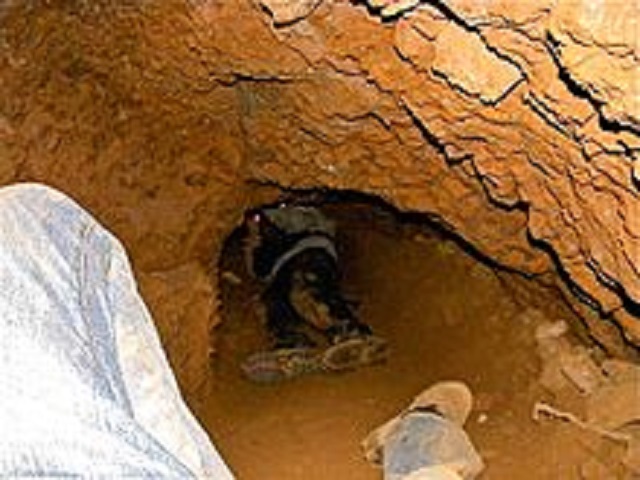EDITORIAL COMMENT: New traffic fines must foster discipline

A motorist will now think twice before he or she drives recklessly on our roads after the Government doubled some traffic fines and increased others by 50 percent this week.
Section 35 of the Finance Act, just signed into law by President Mugabe, reviewed levels 1, 2 and 3 of the standard scale of fines in the Criminal Law Code with effect from January 1, 2017.
The fine for Level 1 crimes was pegged at $5, but now stands at $10, while Level 2 has been raised from $10 to $15, with Level Three raised from $20 to $30 per offence.
The fines that were pegged in Level One were minor offences which include passengers’ failure to fasten seat belts, cyclists’ failure to use the cycle track and auto cycle using cycle track with engine on, among others.
Level 2 covers offences such as failing to display registration number plates, failing to licence registered motor vehicle, failing to obey right/left turn arrows, double parking, leaving animal-drawn vehicle unattended and failing to produce registration book to VID within seven days after demand.
Driving a vehicle without headlights or side lights, failure to maintain direction indicators in clean and efficient condition, failing to report an accident within 24 hours, failing to stop after a minor accident, driving wrong way in a one way road, driving wrong way in a separate carriage way and overtaking in front of oncoming traffic are some of the offences that are in Level 3 and will attract the $30 fine.
Others in that level are overtaking across a prohibition line, failing to obey regulatory signs such as the stop sign, failing to register motor vehicle, tampering with third number plate, defaced number plate and failing to stop at flash lights at a rail road crossing.
Fines, just like jail terms and other forms of legitimate punishment, serve as a deterrent measure against crime. In many ways, the level of a fine reflects the gravity of an offence with heavier ones for bigger crimes and lighter ones for smaller crimes.
A lower fine doesn’t normally deter people from committing crime as much as a higher one does. If a would-be offender knows that driving a vehicle without a registration number only attracts a fine of, for example, $2 it is unlikely to get him thinking twice before he drives that car. If he is arrested he knows he would pay the cheap fine and drive on.
However, if the fine for the same crime is higher, like the level the Government has increased it to, $15, the driver will be more cautious, knowing that if he is caught, the police would demand a substantial sum of money from him.
Therefore, the increase in traffic fines is not a bad idea in so far as they are a way to fight crime on our roads. We don’t think there can be anyone in their right senses who would oppose legitimate Government measures to punish those who commit crime. At the same time, we don’t think there can be anyone in their right senses who would complain that the fines are too high for they have to be tough enough to be deterrent.
Indeed some of the crimes being committed on our roads have caused accidents, some of them fatal or caused unnecessary anarchy. That is very regrettable and precisely the reason why we don’t think heavier fines, as announced by the Government this week, are a bad idea.
But for the steeper fines to make the difference that we all expect, they must be complemented by other measures.
Road users should be self-disciplined, not for fear of the heavy fines, but simply because it is wrong to drive an unregistered vehicle, it is dangerous not to buckle up, it is dangerous to speed or not stopping at rail/road crossings or some other point where the driver should stop his or her vehicle.
Self-discipline is the first and most effective way to make roads safer with fines coming second.
Already, some people have voiced their opposition to the higher fines, saying they might not engender the road safety that authorities expect they would. It is widely accepted that some of the most corrupt people in our country are traffic police officers.
Many of them are in the business of demanding bribes from motorists, especially public service vehicle drivers.
It is also widely known that the minimum bribe a public service vehicle driver often paid at road blocks was $2, roughly half the minimum fine applicable before the new schedule was released.
Now with the new fines in place, the unscrupulous officers, a minority that give the police a very bad reputation, are likely to raise their minimum bribe to $5, half the minimum official fine.
This means more dirty money into the pockets of the thieving cops and, perhaps, not much of it flowing into the fiscus.
To curb this, we urge authorities to intensify strategies to smoke out the few thieves in police garb who Commissioner General Augustine Chihuri always warns to correct their ways.
We urge the force to continue with the good work it is doing, that of flushing out the malcontents for the fines to yield the desired results.
Also motorists should simply uphold road rules and regulations so that they don’t drive themselves into situations where they incur the heavy fines and be tempted to avoid paying them by, instead, offering less in bribes to traffic police.











Comments